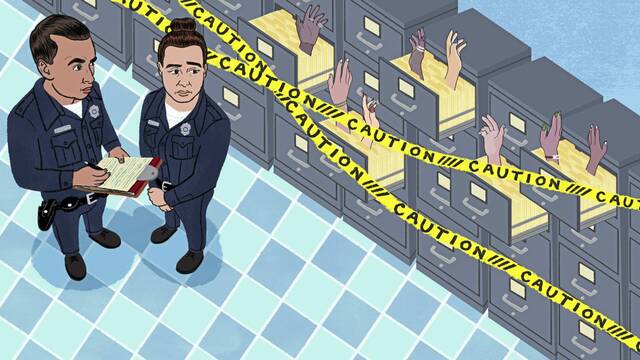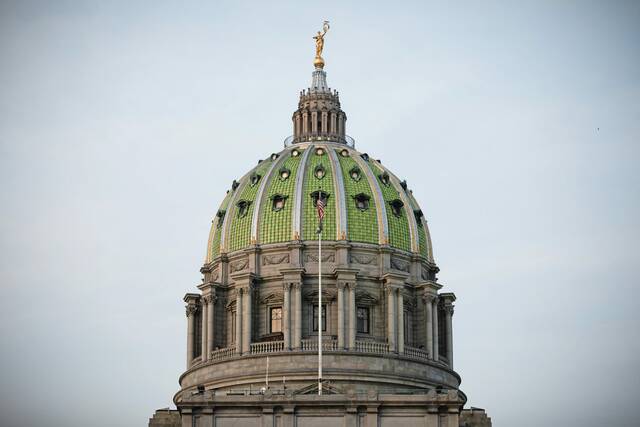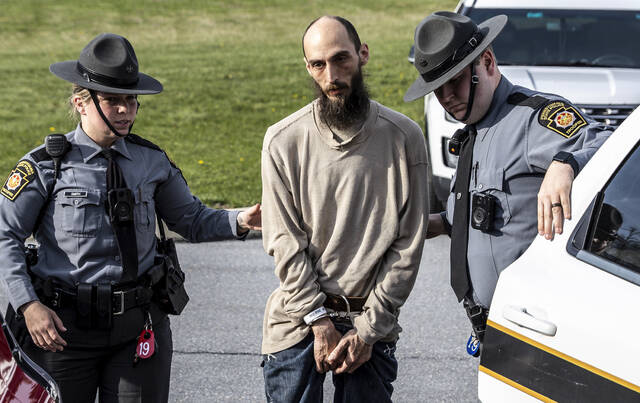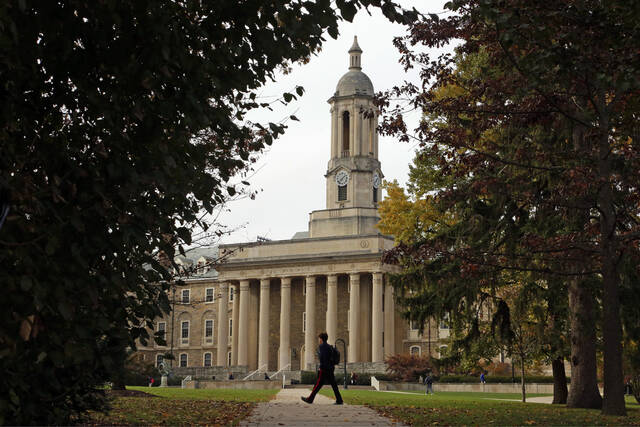Pennsylvania lawmakers who managed to pass a long-overdue appropriation for state-related universities before Thanksgiving left Harrisburg without doing the same for the state’s 15 community colleges.
The appropriations for the 2024 fiscal year were due July 1 and are five months late. Some community college leaders say they have begun taking “detrimental measures” to keep their campuses operating, including short-term borrowing and drawing down on reserves.
To date, most of the 15 colleges are preparing to — or have begun — tapping into millions of dollars in lines of credit, which collectively would require hundreds of thousands of dollars in monthly interest payments.
That and other lost earnings tied to the appropriation holdup would otherwise be available for classroom and other campus needs, said Tuesday Stanley, who chairs the Pennsylvania Commission for Community Colleges and is president of Westmoreland County Community College.
Depending on the length of delay, those lost funds will erode or eventually exceed the 2% funding increase that community colleges were anticipating from the state this fiscal year, she said.
“The delay in state payments might become a net funding cut,” Stanley’s organization warned in a statement.
The 15 institutions, including WCCC, Community College of Allegheny County, the Community College of Beaver County and Butler County Community College, collectively enroll 230,000 students.
That’s larger than the combined enrollment in the State System of Higher Education’s 10 member universities or the combined enrollment at Pennsylvania’s four state-related campuses, including the University of Pittsburgh and Penn State, Temple and Lincoln universities.
The appropriation totaling $261.6 million for community colleges is frozen until the House and Senate agree on a fiscal code, the vehicle that governs the annual disbursement of funds to certain state agencies, including community colleges, Stanley said.
The Legislature isn’t due back until Dec. 11-13, then is off until next year. Even if lawmakers approve a code during those three December days, it would take another month for the colleges to receive their funding, Stanley said.
“As you know, interest rates are somewhere between 7% and 8%,” she said. “And so (colleges) are having to pay interest every month for a line of credit that they would continue to draw down each month.”
Other colleges, she said, are taking money out of reserves. These colleges are forgoing interest income they would have earned on their reserves.
Stanley said the schools have agreed to preserve current student services and worker salaries as long as they can.
Among the impacts felt so far on area campuses:
• The Community College of Beaver County had to draw against a line of credit that, at 7% interest, is costing the college $7,800 a month in interest payments. Bond payments this month and next will require additional credit.
• Butler County Community College said it needs temporary access to at least $3 million because cash levels are at “dangerously low levels.” Starting next month, without state funding, it’s facing $25,000 in monthly interest payments on top of $40,000 in interest earnings lost.
• Westmoreland County Community College could face a loss of $85,000 a month after it begins drawing down on budgeted interest income, something that, within three months, would more than negate the 2% funding increase included in the state budget.
CCAC President Quintin Bullock said the situation for his school depends on what happens in the weeks and months ahead.
“CCAC has been able to sustain and meet its financial obligations during this period of time. … However, if this persists, it will begin to have an impact that may require us to pursue some alternative funding to support us until we receive the state allocation,” Bullock said.
In addition to the Pittsburgh-area colleges, other community colleges include Bucks, Delaware, Erie, Harrisburg Area, Lehigh Carbon, Luzerne, Montgomery, Northampton, Pennsylvania Highlands, Philadelphia and Reading Area.








